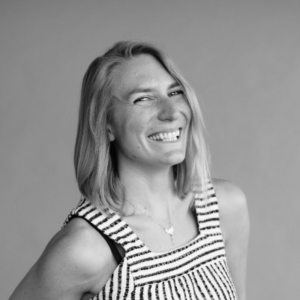How much waste do you produce in a way, week, month, or year?
In this What That Means video, Camille talks with Marina McCoy, a zero waste expert. They get into zero waste at the individual level, realistic ways to reduce waste, and the need for global sustainability standards.
Tackling Zero Waste at the Individual Level
Marina shares how it’s not businesses but individuals who are currently leading the zero waste movement. We’re already starting to see some businesses prioritize zero waste as part of sustainability, but there is still a long way to go. To propel that change further, Marina explains how Waste Free Earth focuses on teaching individuals within a business about zero waste and waste reduction, rather than focusing on a business’ products as a whole. This is because individual employees and customers are the ones who will pressure a business into prioritizing sustainability, including zero waste.
How to Reduce Waste
Getting to zero waste means reducing waste little by little on both an individual level and a corporate level. It might not ever reach zero, but it’s possible to get as close as possible. Individuals can follow a five-step waste-free living timeline that Marina shares to reduce waste in day-to-day life. Beyond reducing the waste of physical products, people can also reduce their energy consumption. Businesses, on the other hand, can do a life cycle assessment of their manufacturing and products to see would be the best places to start reducing waste.
Standards for Sustainability
Because sustainability is still a relatively new concept, there are still no clearly defined standards for sustainability, zero waste, and many other terms like biodegradable and compostable. This leads companies to greenwashing, which is when companies use vaguely defined sustainability terms and symbols without being sustainable. Greenwashing examples include using green colors, putting a recycle symbol, or using words like “non-toxic” or “green” on their packaging. Consumers have to do their own research to know which companies are being sustainable or not, and to what extent.
Marina McCoy, Sustainability Expert

Marina is the founder of Waste Free Earth, a zero waste consulting agency, and The Restock Shop, a low-waste refill shop in Burlington, Vermont. She studied sustainability at Sierra Nevada College and has led sustainability initiatives for many events across the U.S. Marina has been recognized as a Vermont Business for Social Responsibility Young Change Maker, Vermont Business Magazine 40 under 40, and Vermont’s Young Entrepreneur of the Year for 2020.
Check it out. For more information, previous podcasts, and full versions, visit our homepage.
To read more about cybersecurity topics, visit our blog.
#zerowaste #sustainability #greenwashing
The views and opinions expressed are those of the guests and author and do not necessarily reflect the official policy or position of Intel Corporation.
—–
If you are interested in emerging threats, new technologies, or best tips and practices in cybersecurity, please follow the InTechnology podcast on your favorite podcast platforms: Apple Podcast and Spotify.
Follow our hosts Tom Garrison @tommgarrison and Camille @morhardt.
Learn more about Intel Cybersecurity and Intel Compute Life Cycle (CLA).
